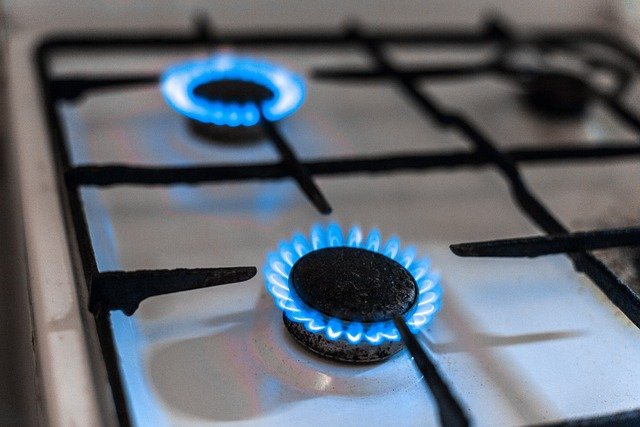Whole House Generators: Costs, Options, and Essential Guide for Homeowners
As power outages become increasingly frequent due to severe weather events and aging electrical grids, homeowners are turning to whole house generators as a reliable backup power source. These systems automatically provide electricity to your home during an outage, ensuring your essential appliances and systems continue to operate smoothly. This guide will explore everything you need to know about whole house generators, including costs, options, and important considerations for homeowners.

What are backup power solutions for homes?
Backup power solutions are systems designed to provide electricity to a home when the main power grid fails. While there are various options available, whole house generators stand out as a robust and reliable choice. These generators automatically detect power outages and start supplying electricity to the entire house within seconds. Unlike portable generators, whole house generators are permanently installed and can power all essential appliances and systems, including heating, cooling, refrigeration, and lighting.
How do automatic energy on demand systems work?
Automatic energy on demand systems, such as whole house generators, operate seamlessly to ensure uninterrupted power supply. These systems are equipped with a transfer switch that constantly monitors the incoming electricity from the utility grid. When a power outage is detected, the transfer switch signals the generator to start. Within seconds, the generator begins producing electricity and the transfer switch redirects the power flow from the utility lines to the generator’s output. This process happens automatically, requiring no intervention from the homeowner.
What factors influence whole house generator costs?
The cost of a whole house generator can vary significantly based on several factors. The size of the generator, measured in kilowatts (kW), is a primary determinant of cost. Larger homes or those with more power-hungry appliances will require generators with higher kW ratings, which typically come at a higher price point. The fuel type also impacts costs, with natural gas, propane, and diesel being common options. Installation costs can vary based on the complexity of the project and local regulations. Additionally, the brand and features of the generator contribute to the overall expense.
What are the essential installation tips for home generators?
Proper installation is crucial for the safe and efficient operation of a whole house generator. Here are some key installation tips:
-
Obtain necessary permits: Check local regulations and secure all required permits before installation.
-
Choose an appropriate location: Place the generator at least 5 feet from the house and away from windows and doors to prevent exhaust fumes from entering.
-
Ensure proper ventilation: Allow adequate space around the generator for airflow and cooling.
-
Install a transfer switch: This is essential for safely connecting the generator to your home’s electrical system.
-
Consider noise reduction: Use sound-dampening enclosures or barriers to minimize noise disturbance.
-
Hire a professional: While DIY installation may seem tempting, professional installation ensures safety and compliance with local codes.
What should homeowners know before buying a whole house generator?
Before investing in a whole house generator, homeowners should consider several factors:
-
Power needs: Assess your home’s electrical requirements to determine the appropriate generator size.
-
Fuel availability: Choose a generator that runs on a readily available fuel source in your area.
-
Maintenance requirements: Understand the ongoing maintenance needs and associated costs.
-
Local regulations: Familiarize yourself with zoning laws, noise ordinances, and installation requirements.
-
Warranty and service: Look for generators with comprehensive warranties and reliable service networks.
-
Energy efficiency: Consider models with features like load shedding to optimize fuel consumption.
Comparison of whole house generator options and costs
When selecting a whole house generator, it’s important to compare different options and their associated costs. Here’s a comparison of some common whole house generator options:
| Generator Type | Fuel Source | Typical Size Range | Estimated Cost Range |
|---|---|---|---|
| Natural Gas | Natural Gas | 7 kW - 150 kW | $3,000 - $20,000 |
| Propane | Propane | 7 kW - 150 kW | $3,500 - $21,000 |
| Diesel | Diesel | 5 kW - 2000 kW | $5,000 - $30,000+ |
| Solar + Battery | Solar | 5 kW - 30 kW | $10,000 - $50,000+ |
Prices, rates, or cost estimates mentioned in this article are based on the latest available information but may change over time. Independent research is advised before making financial decisions.
In conclusion, whole house generators offer a comprehensive solution for maintaining power during outages. By understanding the costs, installation requirements, and various options available, homeowners can make informed decisions about implementing these backup power systems. Careful consideration of individual needs, local regulations, and long-term costs will help ensure the selection of the most suitable whole house generator for any home.




